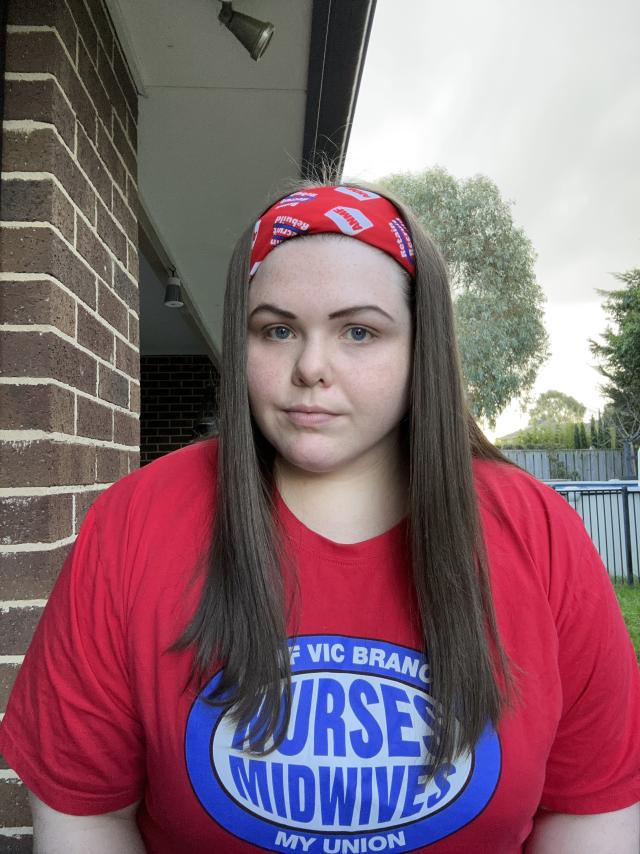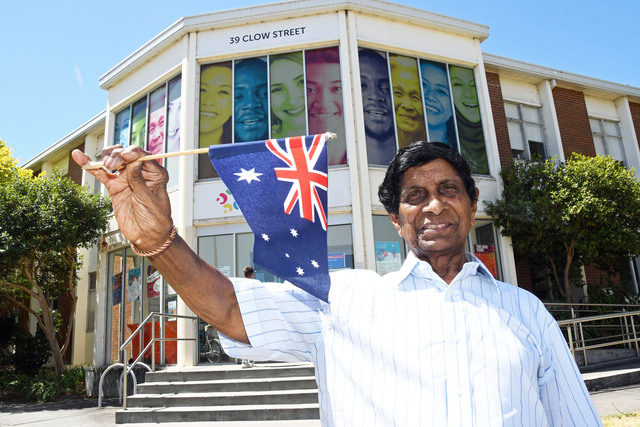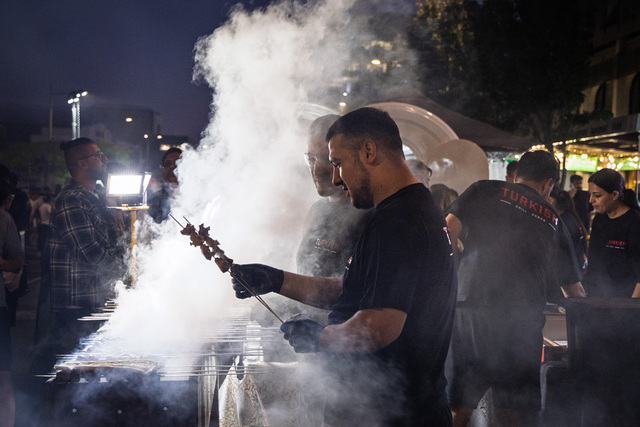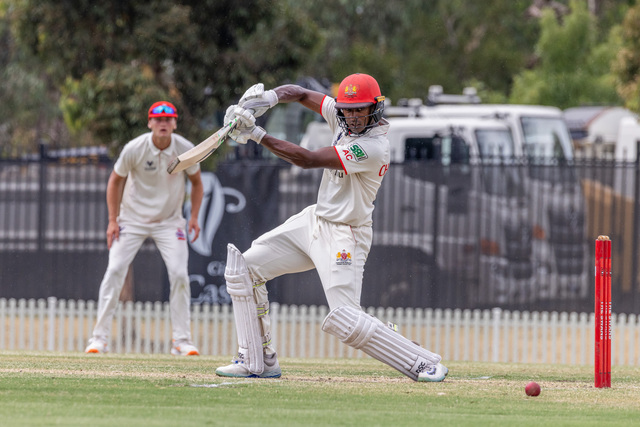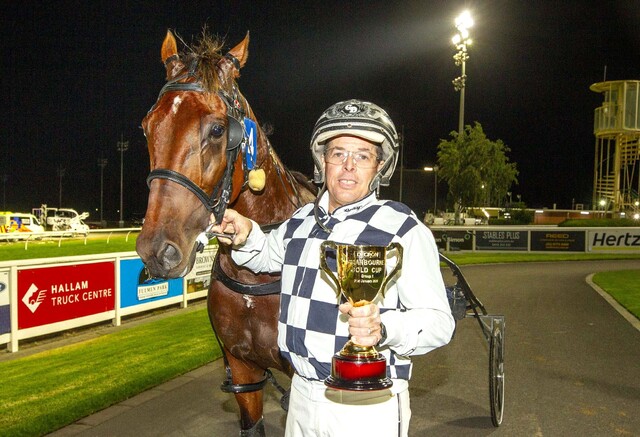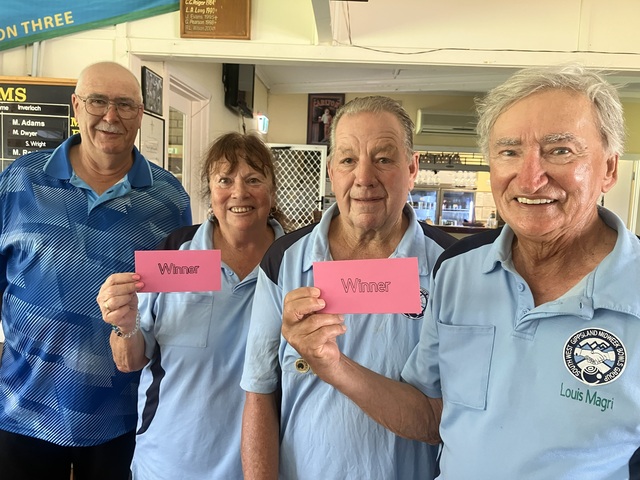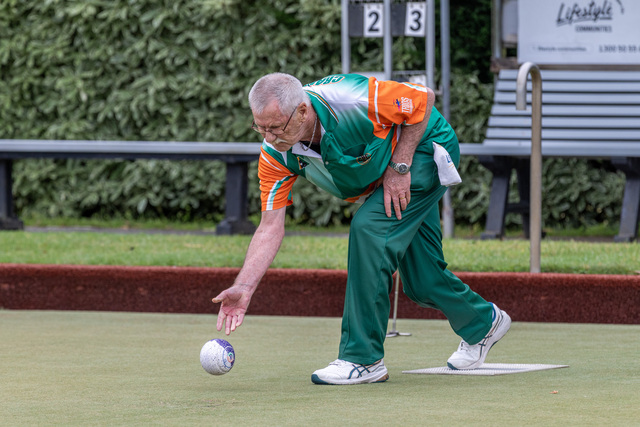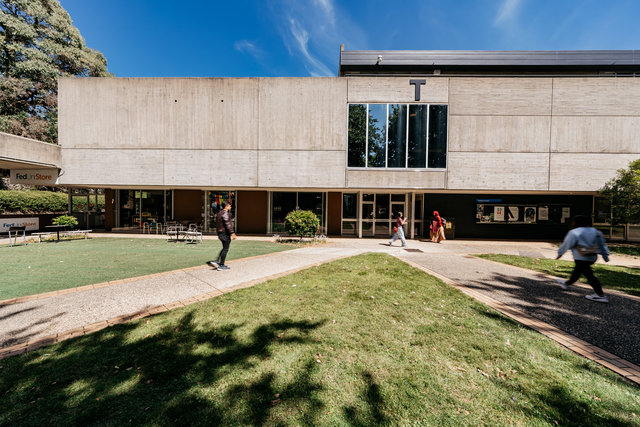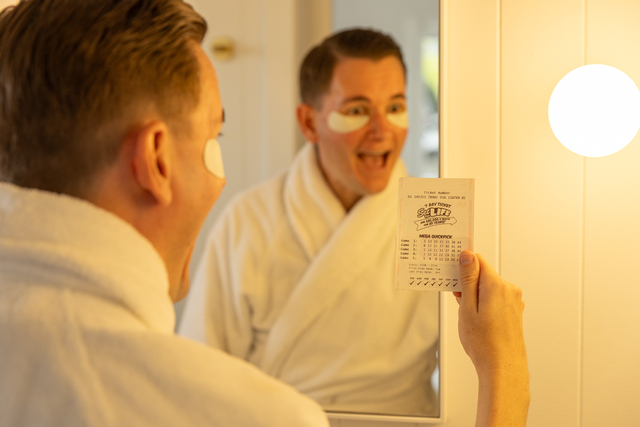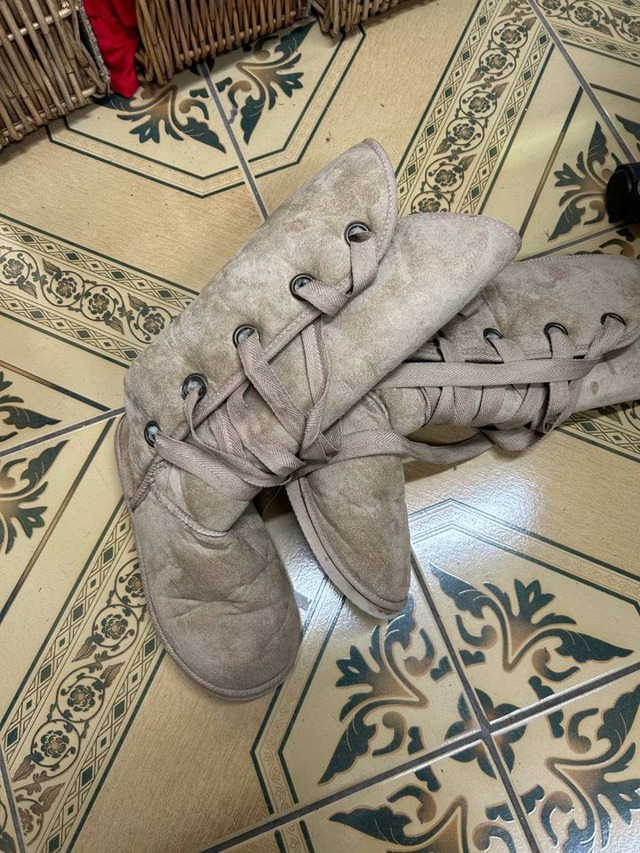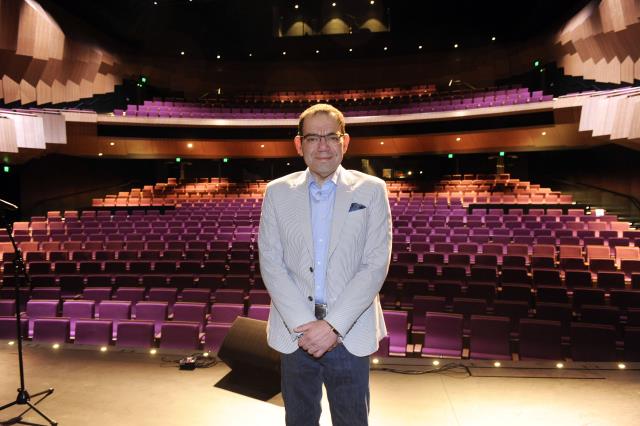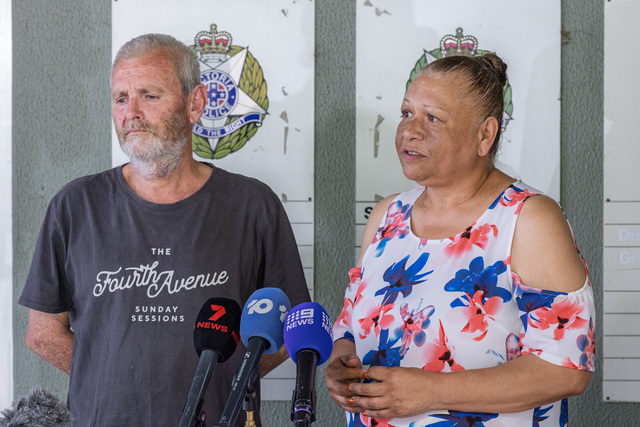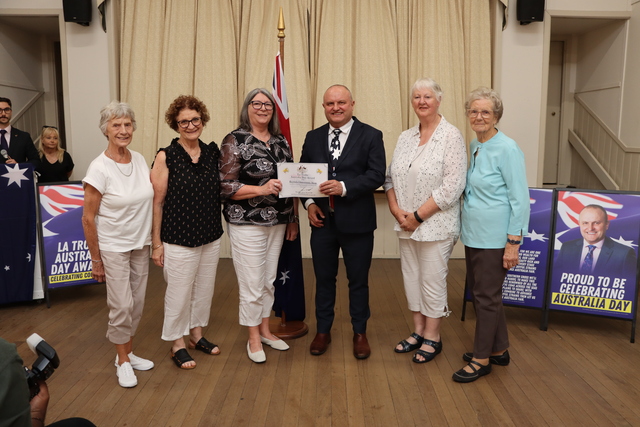Victoria’s nurses and midwives recently rejected a proposed pay increased with the State Government, despite ANMF union leadership having reached an understanding with the in-principle agreement.
The decision was made by 3000 public sector nurses and midwives due to ongoing proceedings with the Fair Work Commission and aged care nurses, and the lack of clarity of the proposed wages moving into the future.
A Narre Warren South resident and an enrolled nurse at Frankston Hospital, Casey Collier said that “what we were all angry about was that it was handled so poorly”.
“We wanted to be informed prior to the meeting what the offer actually was, none of us actually knew what it was so we went to this meeting having no clue at all,” she said.
The meeting, which took place at Festival Hall on Monday 20 May, began around 2pm and was just held three days after stage two industrial action – which included closing one in four beds and cancelling one in four elective surgeries with exemptions – was suspended on Friday 17 May.
“They kind of dumped it on us and they explained it in a very confusing way, because it is very complex, it’s not as simple as what’s being presented in the media, and so we didn’t have any time to process it.
“Basically by the end of the meeting, they were like, ‘do you want it or no?’ and people had questions and they weren’t satisfied or we weren’t getting definitive answers.
“In the end well, we’re not going to vote for something that’s not in black and white, and we weren’t really happy with it in the end,” Ms Collier said.
According to a statement by the ANMF released on 20 May, the initial four-year agreement proposed by the state government guaranteed a minimum wage and cash benefit uplift of six per cent in the first three months of the first year.
On the second year there would be a government wages policy as well as further cash payment, plus wages policy in the third and fourth year as well.
It also provided a new wage percentage outcome which was subject to Fair Work Commission justice Adam Hatcher and his panel’s decision on the aged care work value case for nurses, which was expected to be between 5.5 and 13 per cent.
This would mean wage increases between 18 and 23 per cent over the four-year proposed agreement; however it was complicated by the mentioned pending FWC aged care work value case, in which a wage offer outcome relied on.
Having only been an enrolled nurse for a year and a half, Ms Collier feels the weight on not just hers, but every nurse and midwife’s shoulders.
Although not speaking for everyone in the union, she said that while many of the members do appreciate the effort that the ANMF leadership have put throughout the process, she believes that they “don’t feel as though we’re being communicated to properly”.
“I can’t speak for everyone, I’m very new to the industry so I don’t know how it’s progressed over the years, but I think they could do a better job of finding a better offer, not settling for the first offer that’s put on the table.
“I don’t regret being a member at all, [but] I think next time they should just keep their members in the loop before throwing something like that at us and expecting us to vote.
“I would stay with the ANMF, and I trust that they will get something done at the end of the day,” she said.
Speaking on the stage two protected industrial actions, Ms Collier added that “none of us want to take the action that we have”.
“None of us want to actually close beds and cancel surgeries, but the only way to be taken seriously is if we kind of impose that on the government, we don’t want it to affect the general public,” she said.
“We’re often having to work overtime, we’re often expected to show up on our days off, and we’re often expected to have a really big patient action on shift.
“We’re worried to the point where we’re going to get burnt out, and the patients aren’t going to get the care that they need, so ultimately we just want safe working conditions,” she said.
Despite the struggles and times where she “questions whether it’s worth it”, Ms Collier’s passion for being a nurse and its overall role of serving the community remains steadfast.
“It’s literally passion, it’s honestly just love for the job; there are so many rewarding aspects to it and someone’s got to do it at the end of the day.
“I’m both an enrolled nurse and a student nurse at the same time, I’m upskilling and I want to do more – I want to be part of it and it’s something I love doing.
“Don’t get me wrong, I do question it, because how is this going to pay the bills? How am I going to be valued by accepting this?” she said.
However, stage two actions are what she thinks would bear the most fruit, in order to show everyone “that we’re serious”.
“Putting that pressure on the government is really important for us and more action like that is necessary,” she said.
Looking ahead, Ms Collier is encouraging everyone to advocate and be involved, from wearing shirts or apparel in support, or also demanding alongside them for better work conditions and pay.
“Because at the end of the day, we have their back and we just want them to have ours,” she said.

